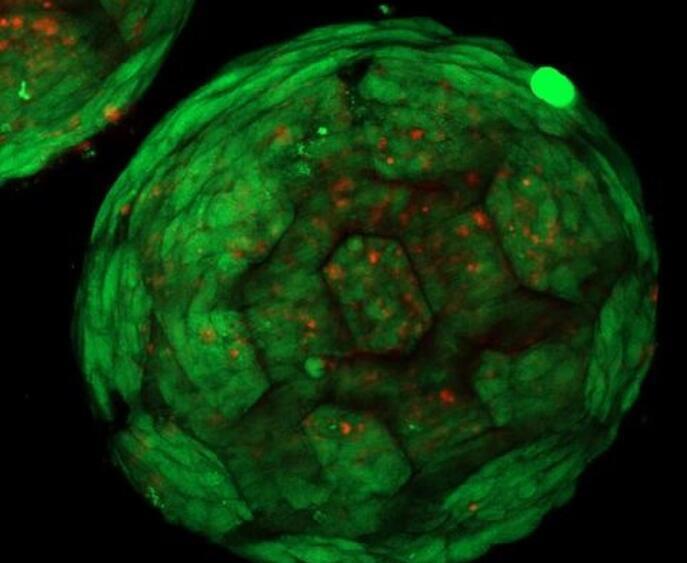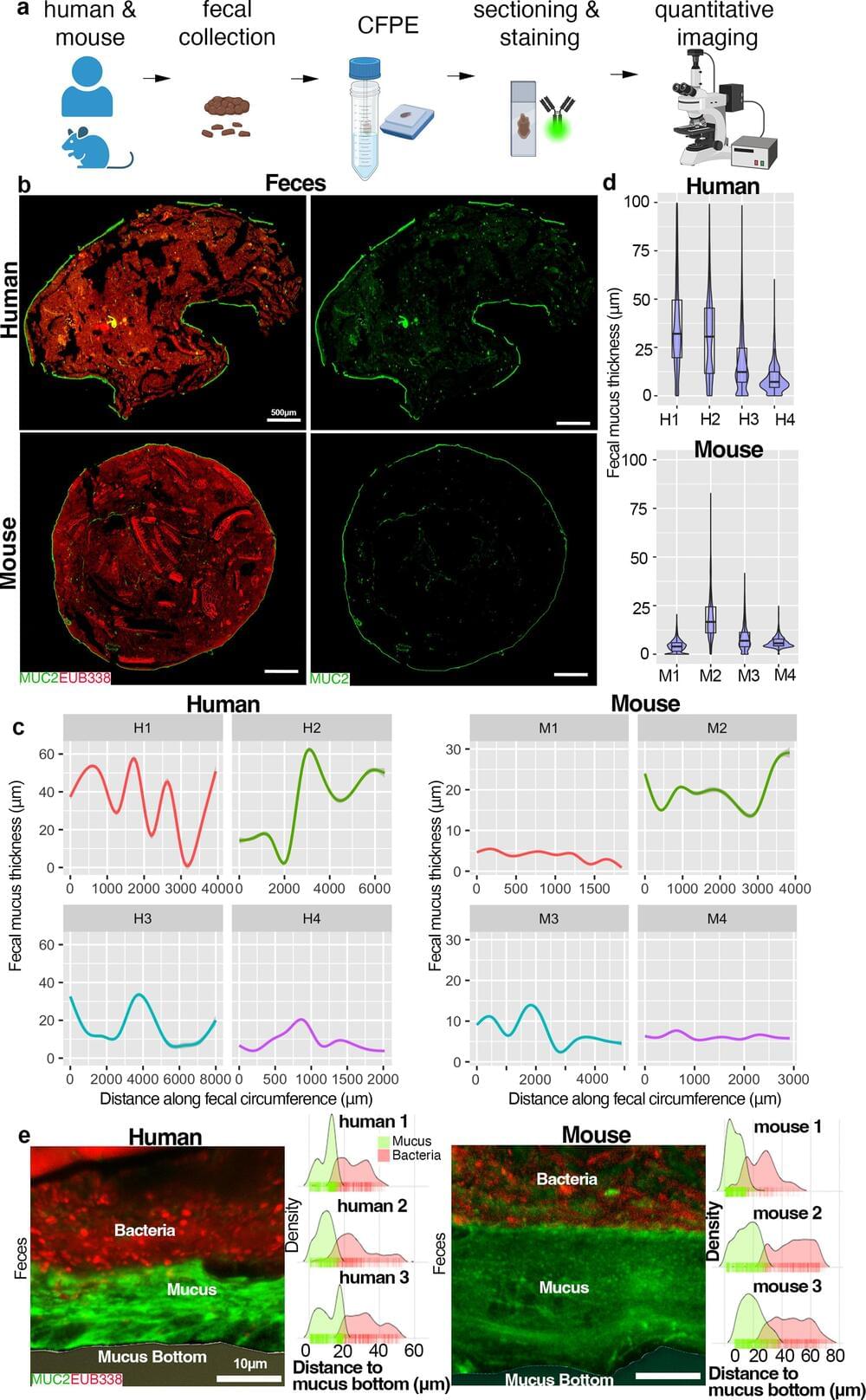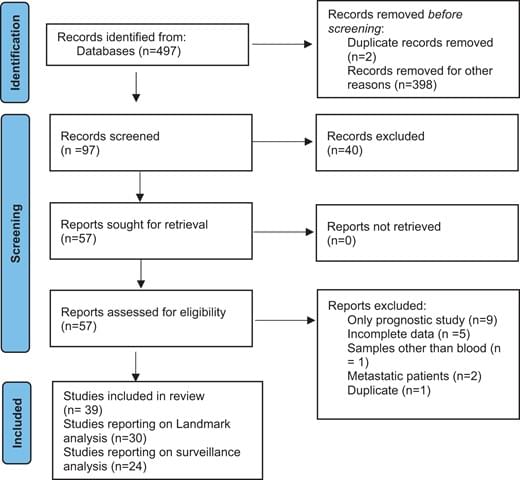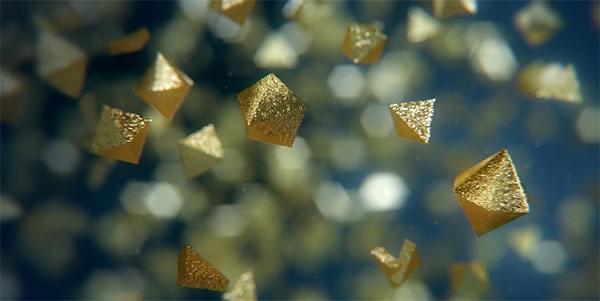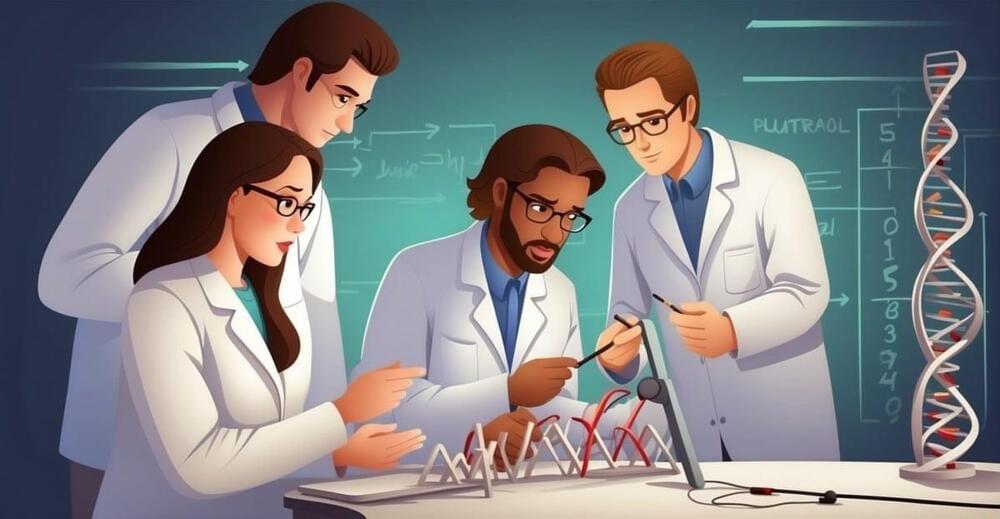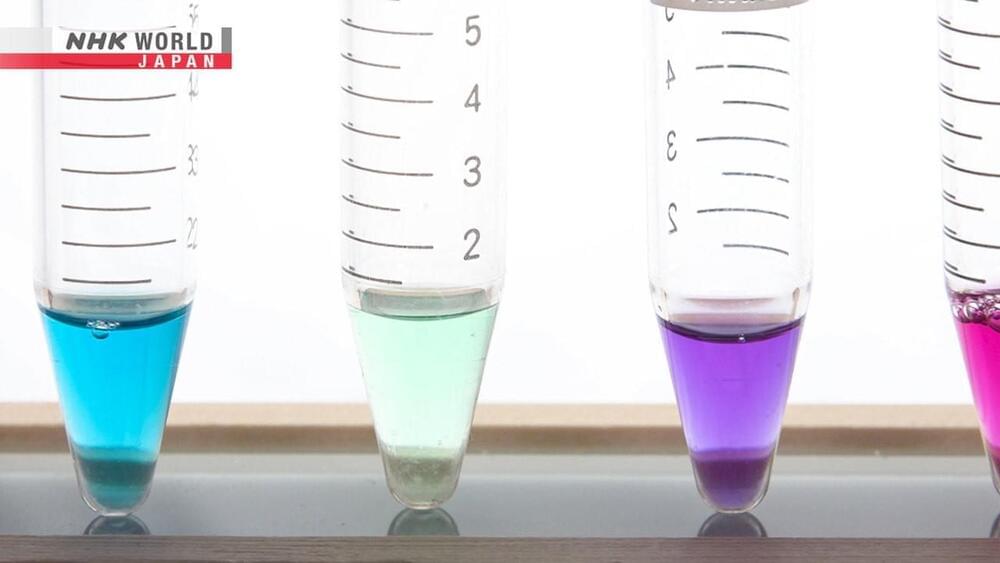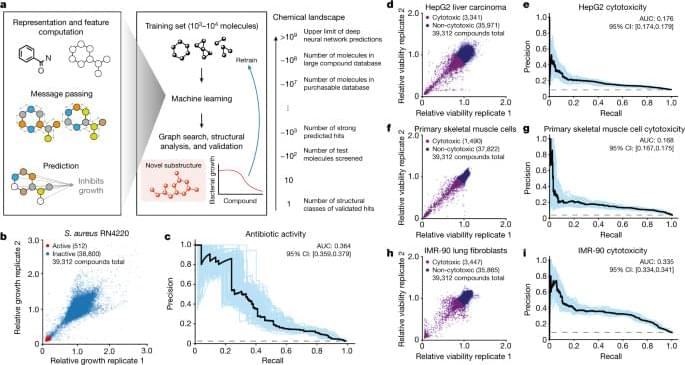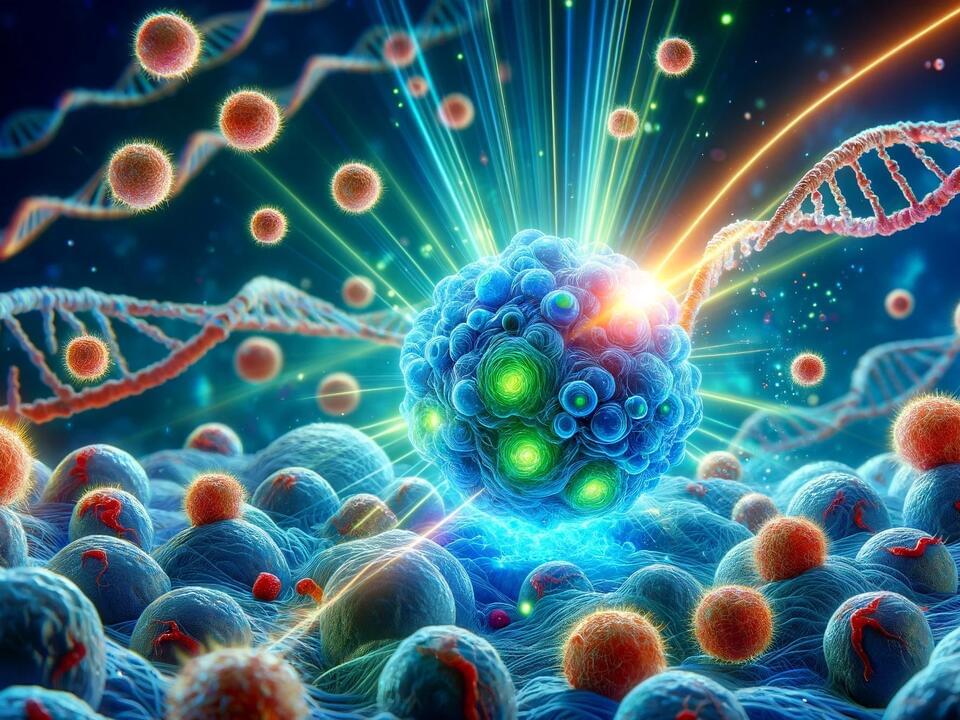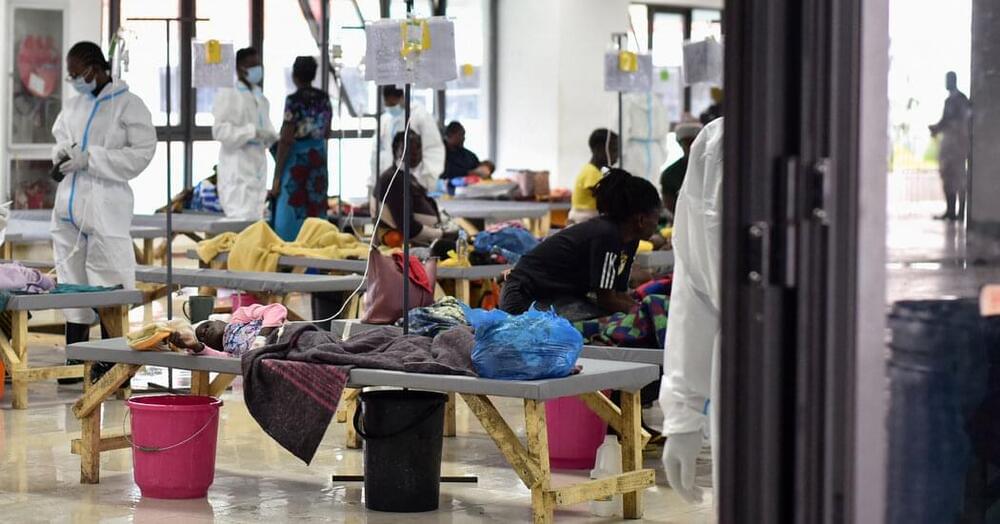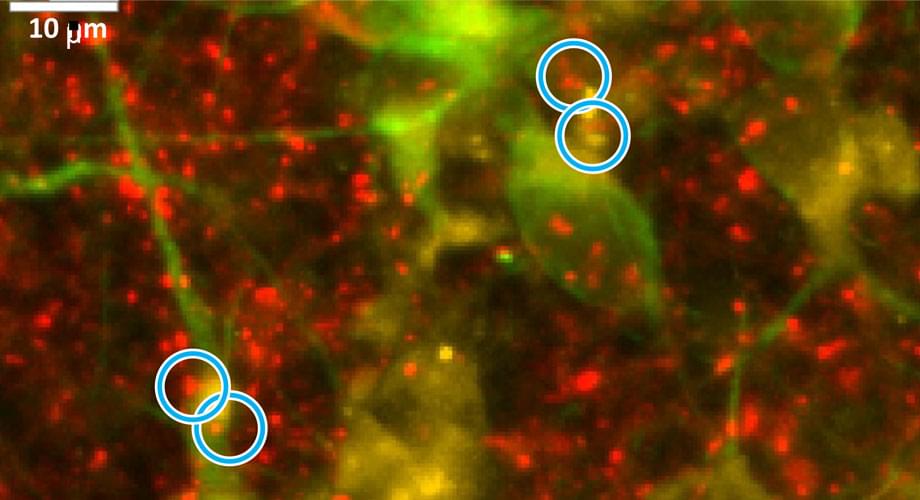
Nerve cells in the brain demand an enormous amount of energy to survive and maintain their connections for communicating with other nerve cells. In Alzheimer’s disease, the ability to make energy is compromised, and the connections between nerve cells (called synapses) eventually come apart and wither, causing new memories to fade and fail.
A Scripps Research team, reporting in the journal Advanced Science, has now identified the energetic reactions in brain cells that malfunction and lead to neurodegeneration. By using a small molecule to address the malfunction, which occurred in the mitochondria—the cell’s major energy producers—the researchers showed that many neuron-to-neuron connections were successfully restored in nerve cell models derived from human Alzheimer’s patient stem cells. These findings highlight that improving mitochondrial metabolism could be a promising therapeutic target for Alzheimer’s and related disorders.
“We thought that if we could repair metabolic activity in the mitochondria, maybe we could salvage the energy production,” says senior author Stuart Lipton, MD, Ph.D., Step Family Foundation Endowed Professor and Co-Director of the Neurodegeneration New Medicines Center at Scripps Research, and a clinical neurologist in La Jolla, Calif. “In using human neurons derived from people with Alzheimer’s, protecting the energy levels was sufficient to rescue a large number of neuronal connections.”
